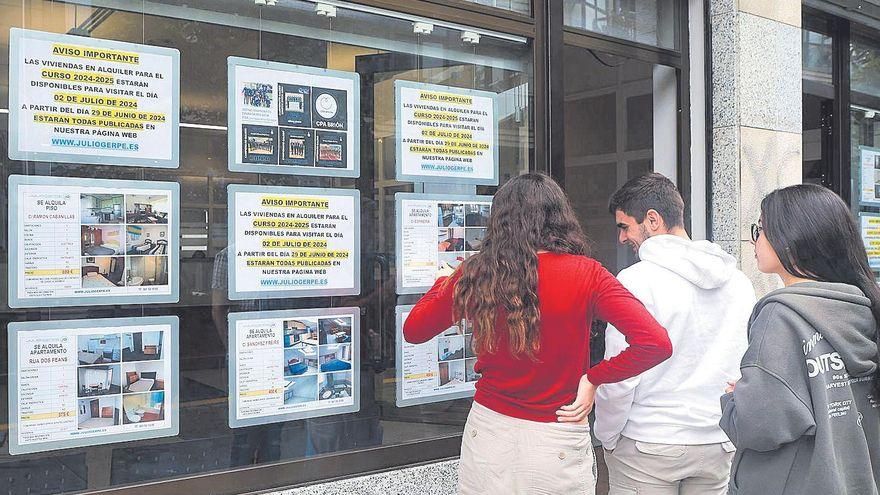Canary Islands Move Forward with RIC Reform for Long-Term Rentals
The Spanish Senate’s Finance Committee took a crucial step this Monday toward allowing the Canary Islands Investment Reserve (RIC) to be used for purchasing homes intended for long-term rentals. This follows approval by the Congress of Deputies, backed by the PSOE, CC, and PP parties. The final Senate vote is scheduled for July 17, paving the way for definitive approval by the lower house on July 22—marking a significant update to the archipelago’s Economic and Fiscal Regime (REF).
Political Backing and Opposition
The reform has already gained support from the Canary Islands Parliament, which issued a mandatory report last week in line with constitutional and autonomy statutes. However, Vox voted against the measure, arguing it “falls short,” while NC criticized it for allegedly encouraging “real estate speculation.” The amendment will apply retroactively from January 1, 2024, permitting RIC funds to be used for acquiring or constructing residential properties—as long as they are dedicated exclusively to long-term rentals (not vacation stays) within six months of purchase.
Key Conditions and Investment Rules
Under the new rules, properties financed through RIC must have no direct or indirect ties to the tenant. Additionally, the reserve can be utilized through share subscriptions or capital investments in companies operating in the archipelago, provided they focus on expanding long-term rental housing. During Monday’s debate, amendments proposed by Vox—which sought to restrict rentals to Spanish residents or foreign workers with stable employment—were rejected.
Technical Adjustments and Next Steps
Meanwhile, PSOE, PP, CC, and ASG are working on a joint amendment to correct a technical error in the Congress-approved text, which omitted the RIC’s core purpose: allowing corporate taxpayers to reduce their taxable base by allocating profits to the investment reserve for properties in the Canary Islands. The final decision will be made during the Senate’s plenary session next Thursday.

